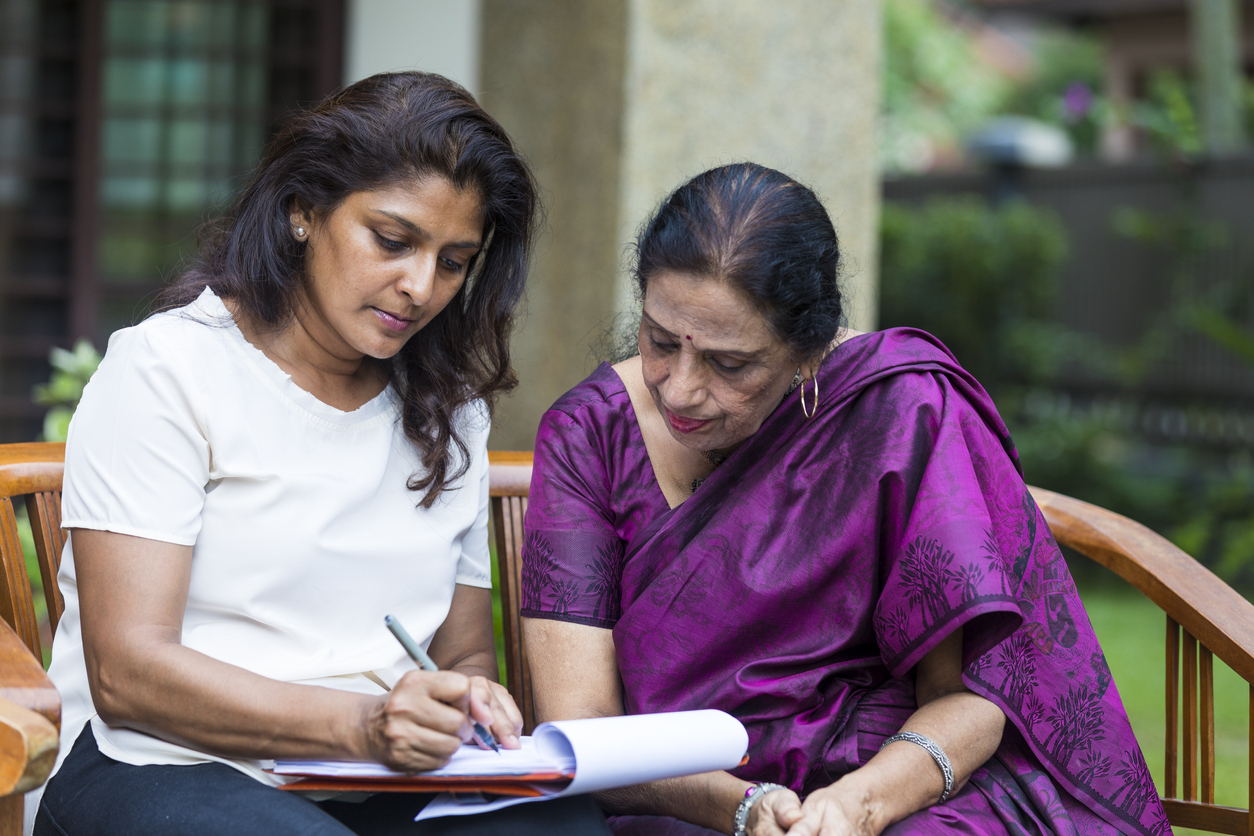Some of our elders feel that a power-of-attorney is not necessary, because they already have a joint bank account with one of their adult children. Thus, if the elder becomes mentally incapacitated in the future (due to Alzheimer’s, dementia, stroke, etc.), then the adult child would still be able to pay the elder’s bills using the joint bank account.
Generally speaking, that’s true about paying bills.
However, a joint bank account will not give the adult child legal authority to handle any of his or her elder’s legal affairs, such as:
- Communicating on the phone with the elder’s financial institutions or health insurance providers
- Signing legal documents such as pension affidavits or pooled Trust applications
- Administering any accounts that are solely in the elder’s name
The power-of-attorney is one of the most essential documents in planning for the long-term care of our elders, and it is one of the most straightforward to complete. It is very important to create a power-of-attorney before the need arises. If your elder does not have a power-of-attorney, please contact our office to arrange one today.

